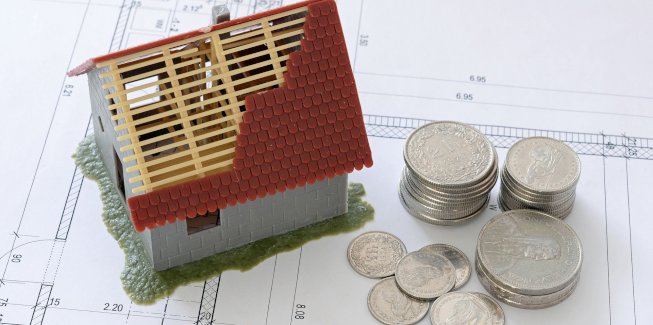The executive board of the IMF has concluded its Article IV consultation with Australia, which had included concerns around surging house prices, affordability and financial vulnerabilities.
Previously, the IMF urged Australia to consider reforms across both lending regulation and housing supply, pointing to an uptick in high debt-to-income (DTI) mortgages and in investor demand.
Since then, APRA has forced banks to raise their serviceability buffer rates, requiring them to assess borrowers’ ability to service 3 percentage points above the product rate, up from the prior 2.5 percentage points.
The IMF acknowledged the movement in a statement on its consultation with Australia.
“Directors understood that surging house prices and elevated household debt raise concerns around increasing financial vulnerabilities and welcomed the recent macroprudential measure to mitigate emerging risks,” it stated.
“They emphasised the need to closely monitor lending standards and tighten macroprudential policy further if risks continue to build.
“Directors also noted heightened concerns of housing affordability and encouraged the authorities to implement supply-side reforms to help alleviate the issue.”
IMF’s Article IV had suggested a general land tax over stamp duty, stating Australia could stand to reduce structural incentives for property investment.
It also argued a general land tax would be a more stable revenue source for states and it would promote labour mobility.
Further, the international organisation had called for supply reforms, focusing on planning, zoning and infrastructure.
“Commonwealth and state/territory governments should consider providing more financial incentives for local governments to streamline zoning regulations and improve infrastructure,” the statement said.
“Promoting flexible work arrangements could allow workers to move away from capital cities, improving affordability. In addition, governments should focus on providing targeted fiscal support for low-income households and expand social housing.”
The IMF has forecast 19.8 per cent house price growth for the 2021 year, expecting a 6.2 per cent and 4.1 per cent rise to follow in 2022 and 2023 respectively.
The house price-to-income ratio across capital cities is expected to stay consistent at 4.9, from 2021 to 2023, compared to 2020’s 4.2 and 2019’s 4.3.
The price forecast differs to that of the big four banks and local analysts, who are anticipating a slowed pace of growth in 2022, before a dip in 2023.
ANZ has tipped there will be a national price fall of 4 per cent in 2023, to follow a 6 per cent rise in 2022 and a 21 per cent surge in 2021.
CBA modelling has pointed to a 10 per cent fall in 2023, to coincide with a cash rate rise to 1.25 per cent – after a 7 per cent rise in 2022 and 22 per cent growth in 2021.
Meanwhile, Westpac has forecast price growth will moderate from 22 per cent in 2021, to 8 per cent in 2022, before a 5 per cent correction in 2023.
Meanwhile, Treasurer Josh Frydenberg stated the IMF’s assessment from this week highlighted Australia’s quick economic recovery from the COVID-19 pandemic.
“Importantly, the IMF anticipate a ‘quick recovery’ in the labour market and with 350,000 jobs coming back since the start of September, the IMF is forecasting the unemployment rate to be sustained at 4.7 per cent in the years ahead,” Mr Frydenberg noted.
[Related: Frydenberg promises to press RBA, APRA on housing]
 ;
;
